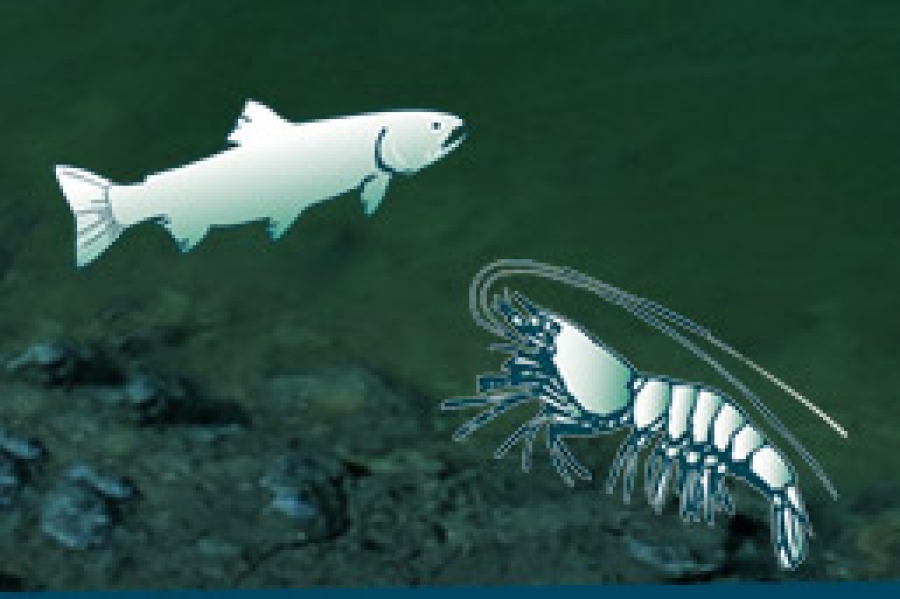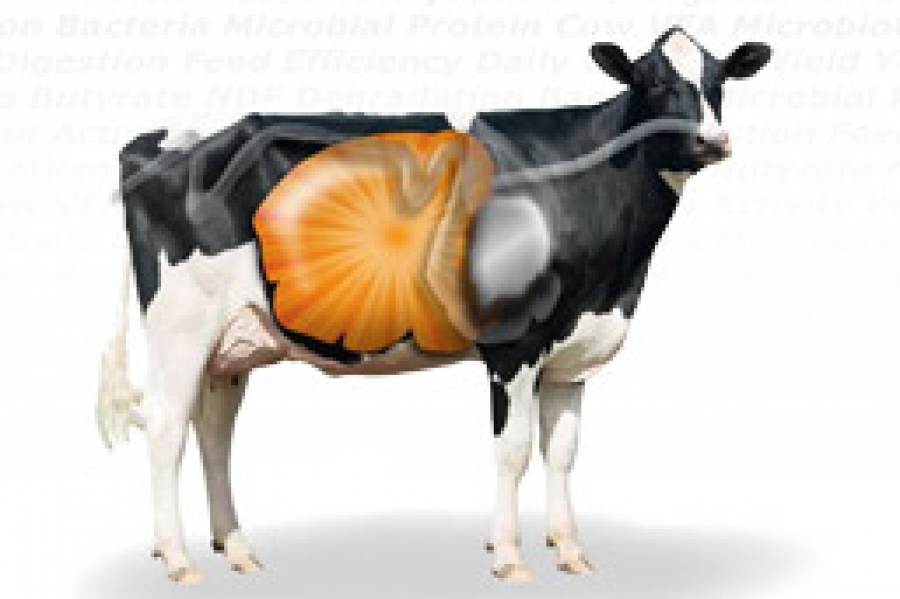The fish were fed to apparent satiation for a period of 8 weeks. Body weight, body length and feed intake were recorded weekly. The intestinal bacteria populations (total aerobes, total anaerobes, Lactobacilli spp., Enterobacter spp., coliforms, E. coli and Aeromonas spp.) were enumerated by conventional microbiological techniques using selective agar media. Antioxidant status of fish was assayed for levels of glutathione reductase, glutathione-S-transferase and malondialdehyde levels in fish fillet at day 0 and 5 after slaughter. Lysozyme, nitric oxide (NO), total complement concentrations and catalase activity were also evaluated in fish blood serum. Results showed that dietary phytogenic supplementation with both products improved (P < 0.05) feed efficiency compared to control diet, although, body weight gain was unaffected by phytogenic supplementation. Total anaerobe counts were lower in phytogenic fed fish for both products compared to control; and lactobacillus loads in THYM group compared to CARV and control; however, other bacteria loads were similar among dietary treatments. Both phytogenic inclusion decreased significantly (P < 0.05) malondialdehyde formation on day 5 of refrigerated storage compared to control fish. Activity of glutathione based enzymes at both time points were significantly high in both phytogenic supplemented groups compared to control (P < 0.05). Levels of lysozyme and total complement concentrations as well as catalase activity were higher in phytogenic supplemented groups, especially in CARV group compared to control. Thymol supplementation reduced NO serum levels significantly compared to control group. In conclusion, dietary phytogenic supplementation exerted a beneficial feed conversion effect and increased antioxidant protective capacities in the trout fillet at 5 days of refrigerated storage. It also modulated intestinal microbial communities disfavouring total anaerobes and affected some innate immunity parameters.
کد مقاله : DPA-002
پس یادداشت کد مقاله بر روی دکمه زیر کلیک نمایید








